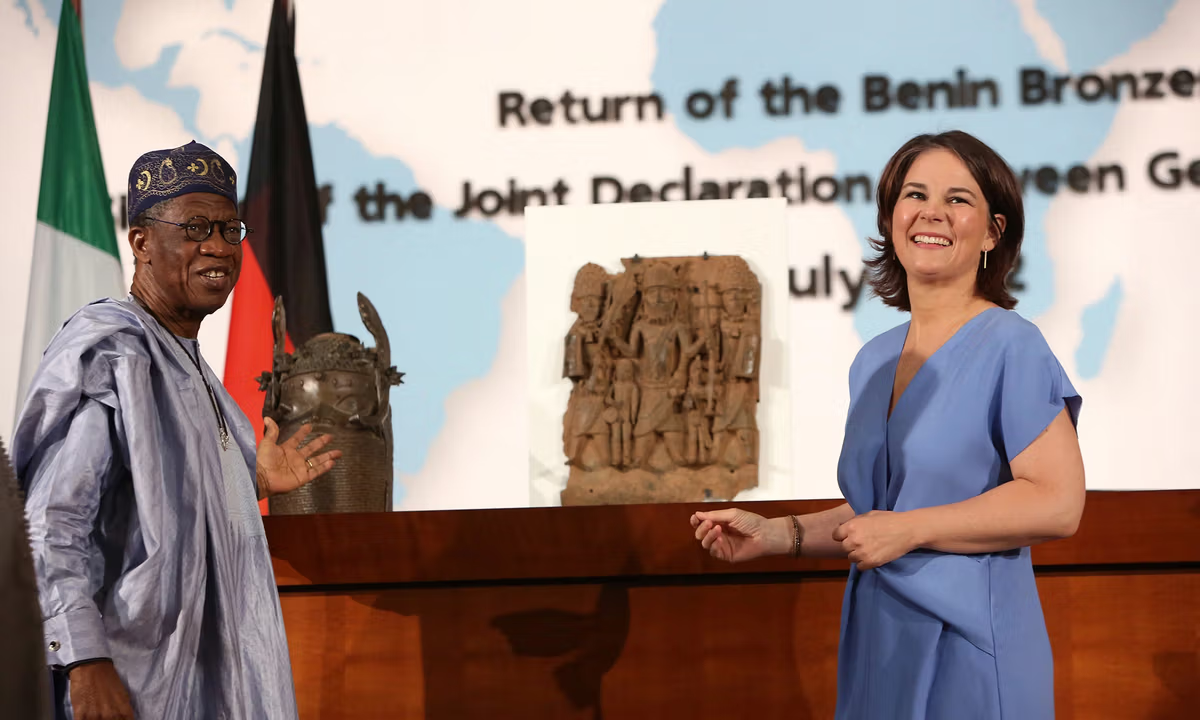
The political climate in Benin is once again stirring, as a major development threatens to reshape the country’s post-reform party system.
Ganiou Soglo, son of the late Rosine Vieyra Soglo, has announced his intention to resurrect the Renaissance of Benin Party (RB)—a once-powerful political force founded by his mother in the early 1990s.
This initiative, rooted in what he describes as her final wish, presents both a symbolic and strategic challenge in a country still adjusting to sweeping political reforms.
The news comes amid a parallel battle waged by Adrien Houngbédji’s Democratic Renewal Party (PRD), which is fiercely contesting its own dissolution into the Progressive Union for Renewal (UP-R).
Both the PRD and RB were historic giants of Benin’s multiparty system, dominating the political scene—particularly in the south—from 1991 to 2006.
Under Houngbédji’s stewardship, the PRD flourished, while Rosine Soglo’s RB carved a legacy of structured opposition and leadership.
However, the emergence of over 278 political parties by 2018 revealed the instability of Benin’s fragmented system.
The sweeping reforms initiated under President Patrice Talon in 2016 sought to consolidate the political landscape.
In response, both the PRD and RB merged into broader party structures—PRD into UP-R by 2022, and RB, fractured by internal rivalries between the Soglo and Bada factions, into the UP.
Now, Houngbédji challenges the legality of that merger. Speaking in June 2025, he asserted that the PRD was never formally dissolved.
“A party can only be dissolved through a specific congress, and that never happened,” he argued, citing procedural requirements.
The UP-R and the Interior Ministry refute this claim, maintaining that the 2022 agreement constituted full dissolution.
For the RB, this legal debate carries profound implications. If the PRD can successfully establish its continued existence, the RB could leverage that precedent to break away from UP-R and reclaim its political identity.
Without that victory, however, the legal path for the RB’s revival remains uncertain, if not closed entirely.
Ganiou Soglo’s plan hinges not only on legal interpretation but also on navigating a political environment that has dramatically changed since the days of his mother’s leadership.
With party structures now streamlined and regulatory barriers higher, re-establishing the RB may prove as complex as it is symbolic. Yet for many, the mere prospect signals a yearning for legacy, recognition, and the unfinished business of political identity in a modern Benin.



